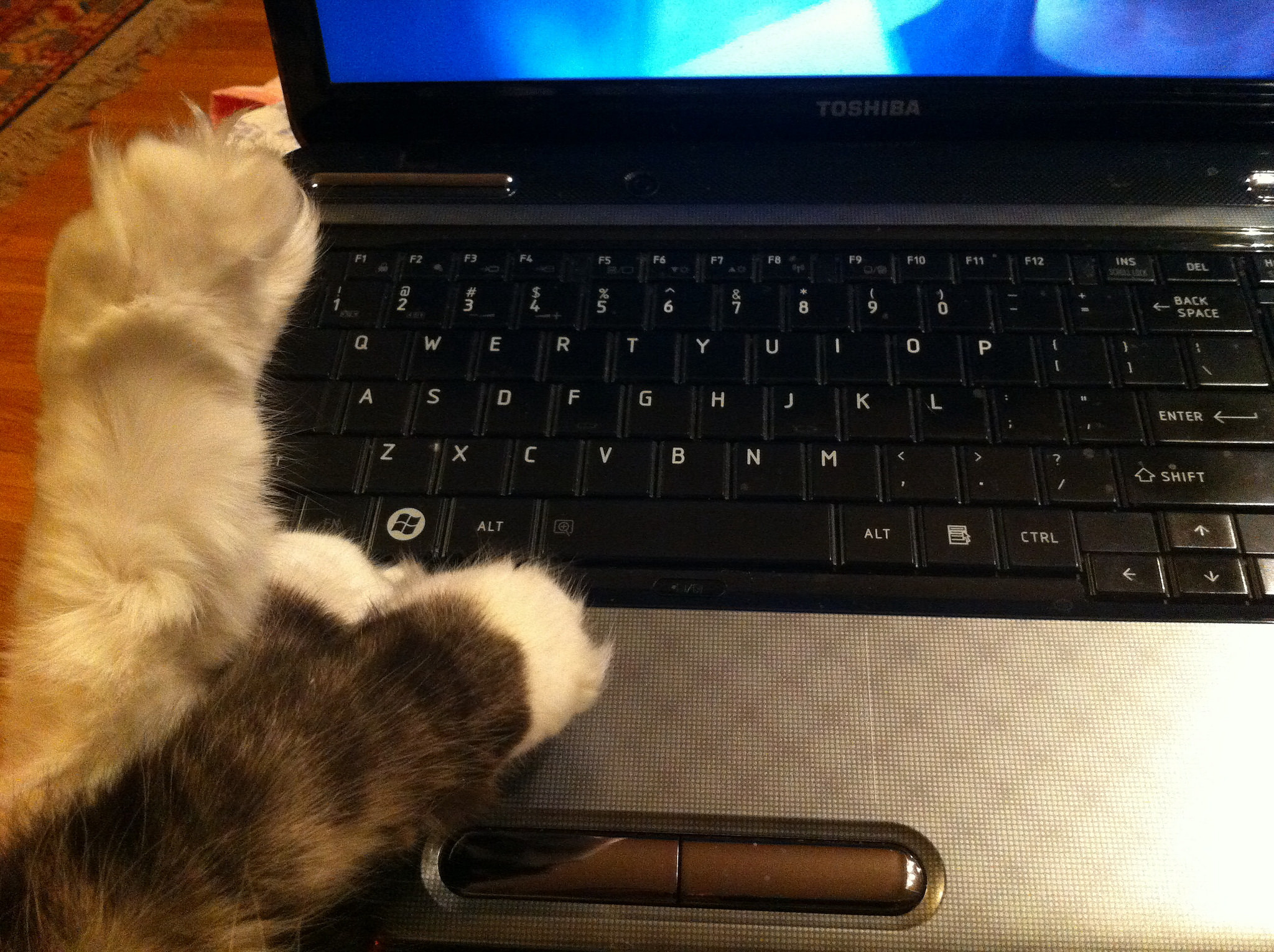While there is a large segment of the population always looking for healthier, lower-calorie food options, there are some shoppers who like the things they buy just the way they are — and who react negatively when their favorite foods are tweaked. Is there a way to get these folks consuming fewer calories? [More]
research
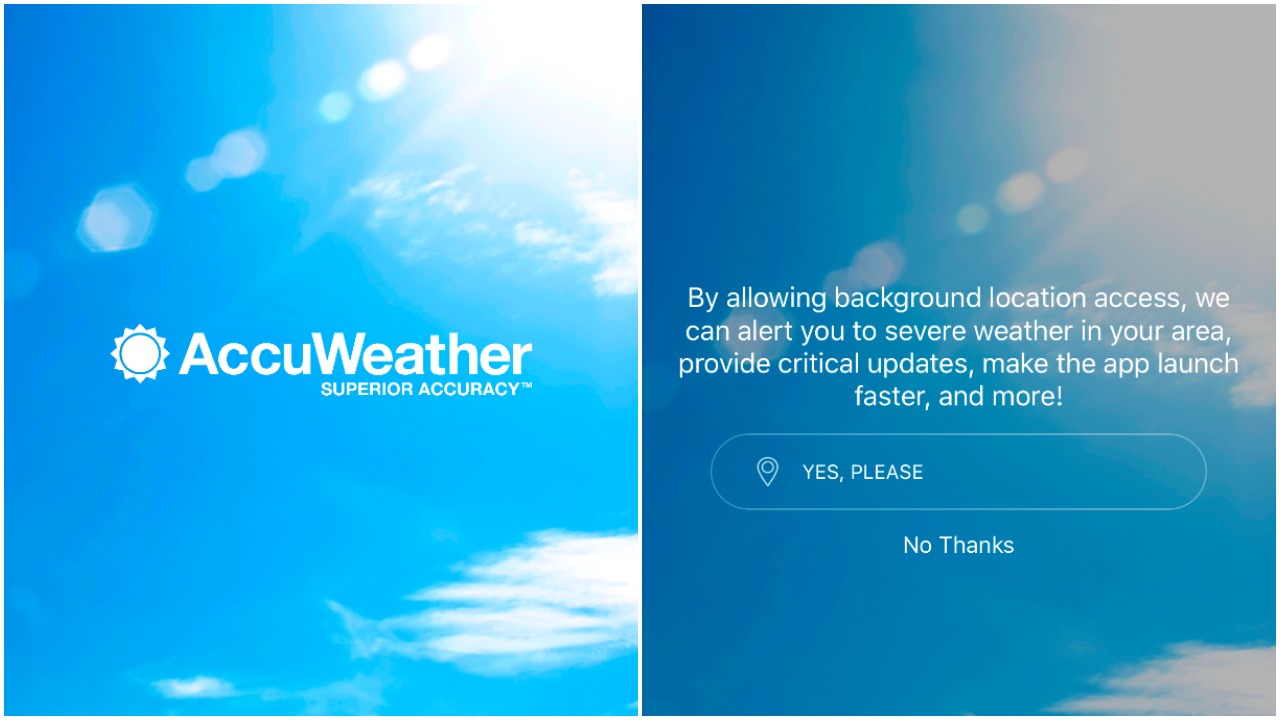
If You Don’t Want AccuWeather Sharing Your Location Even When You’re Not Using It, Update Your App Now
We’ve all been there: You download a new app to your phone or tablet and are asked to share your location data — even when you’re not using the service. In most cases, you can say no and go about your day knowing that the app isn’t following your every move. But that’s apparently not the case with AccuWeather, as security researchers say the app is accessing users’ location data even when they turn off location services. [More]

Trump Administration Halts Study On Health Risks Associated With Coal Mining
A federal study examining the potential health risks of living near surface coal mining sites in Appalachia has been put on hold by the White House as it reviews its grant and agreements. [More]

Most Americans Favor Payday Loan Reforms
Despite claims from the payday loan industry that Americans don’t want reforms intended to prevent borrowers of these short-term loans from falling into a revolving debt trap, two new reports show that most people do think it’s time to rein in payday lending and provide more affordable loan options for borrowers in need. [More]
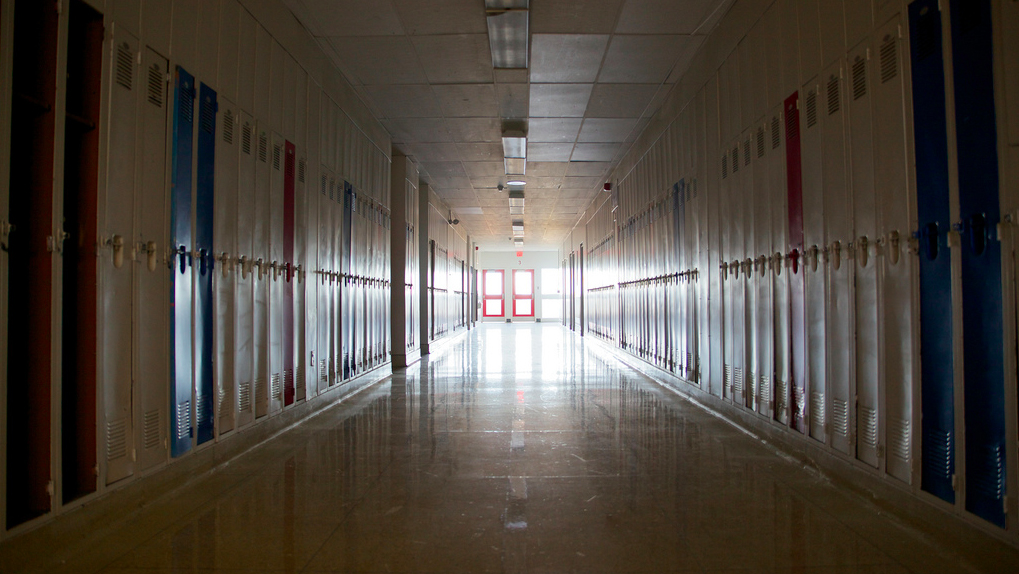
Your Kids’ School-Owned Devices Are Spying On Them, Report Finds
As adults, we all kind of have at least a vague peripheral sense that the devices and software we use are probably up to some kind of shenanigans with our personal data. Kids, however, are probably not thinking as closely about what they tell the devices they use, and what data those devices then share — especially if they’re school-owned tools. And yet, a new report finds, some of the learning technology schoolchildren are required to use every day are some of the worst when it comes to explaining and protecting users’ privacy. [More]

Monsanto May Have Ghostwritten Parts Of Reports Concluding That Roundup Is Safe
Glyphosate, the main chemical in the weed-killer Roundup, is one of the most popular herbicides on the planet, but newly unsealed court documents suggest that Roundup’s manufacturer, Monsanto, may have written at least some of an academic research paper used to demonstrate glyphosate’s safety. [More]
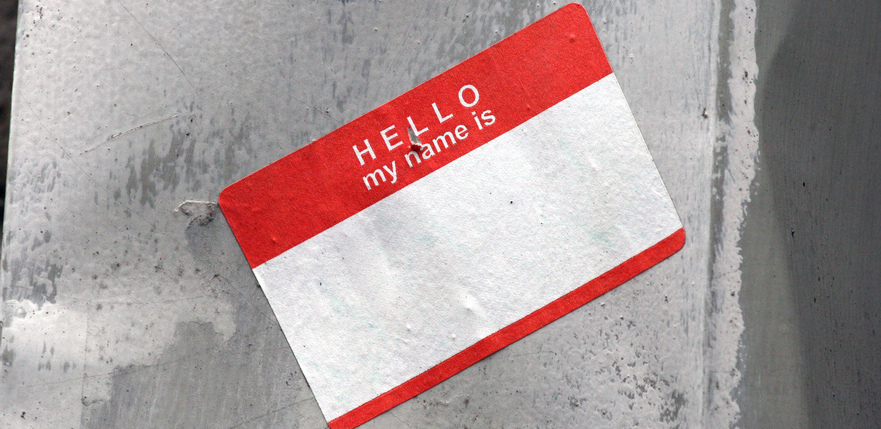
Study Claims That There’s A Decent Chance You Look Like Your Name
Have you ever met someone and immediately thought “You look like a Heather,” and then it turns out they person is actually named Heather? While you might want to believe you have some kind of psychic ability, you probably don’t. Instead, a new study finds that under the right circumstances people can often correctly match names to faces based on social perceptions. [More]

Will Our Robot Overlords Work Together Or Work Against Each Other?
One day, robots and computers with artificial intelligence will inevitably be tasked with managing everything from our economy to our traffic systems. But will these man-made managers have the empathy, reasoning, and emotions needed for cooperation? [More]

A Supplement Company Sued Over Research It Didn’t Like… And Lost
Unlike FDA-approved medications, makers of dietary supplements are not required to demonstrate that their products are safe or effective. That shouldn’t stop independent researchers from doing their own tests to find out if a product works or is dangerous, but when one Harvard professor tried to do just that, supplement makers tried to shut him up.. [More]

Study: Baseball Teams More Likely To Have A Bad Game Due To Jet Lag When Flying East
Playing at least 81 games on the road, sometimes thousands of miles from home and in a different time zone, will eventually have an effect on even the most fit professional baseball player, but is there a correlation between distance (and direction) traveled and performance? [More]

Bank Overdraft Policies Have Improved, But Not Enough To Protect Most Consumers
Over the years, banks across the country have modified their policies regarding overdraft fees to comply with federal regulations — including requiring consumers to opt-in to the costly protection. Despite this, account holders spend nearly $32 billion each year on the fees. And according to a new report, that likely won’t end anytime soon, as most large U.S. banks continue to charge high, sometimes exorbitant overdraft fees. [More]

Are Explosion-Proof Batteries On The Way?
Between Samsung’s massive Galaxy Note 7 recall, hoverboards that catch fire, and e-cigarettes that unexpectedly combust, there has been no shortage of dangerous examples that suggest some batteries — specifically of the lithium-ion type — found in popular electronics are susceptible to explosions. Now, scientists are working to create a safer alternative power source. [More]
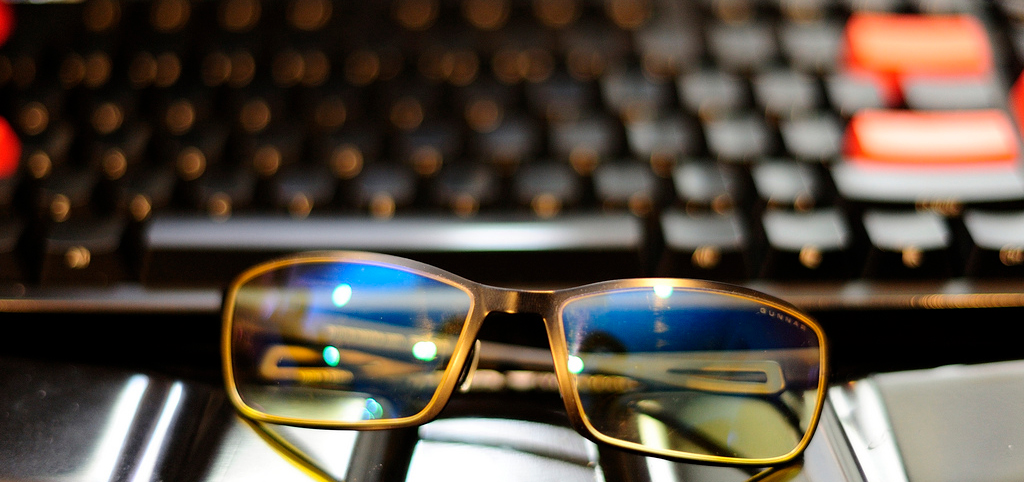
Researchers Figure Out How To Put Invisible Backdoor In Common Internet Encryption
Even consumers who aren’t necessarily very technically-minded have at least a vague sense that an encrypted site is safer to use than one that isn’t. But encryption, alas, is never a permanent cure-all. And that’s why it’s troubling that new research has found it’s easier than anyone thought to put a backdoor into internet encryption that could let any big, surveillaince-minded entity (good morning, NSA) have a listen. [More]
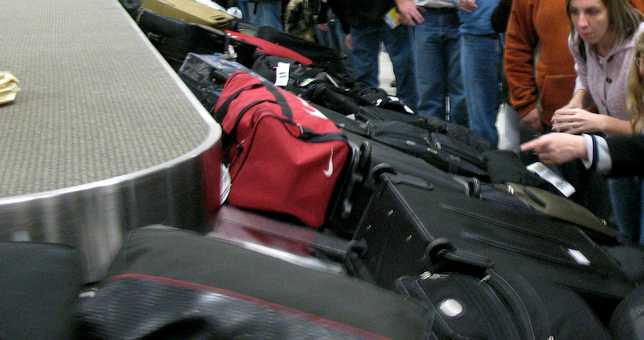
Does Southwest’s “Bags Fly Free” Policy Hurt On-Time Performance?
Southwest Airlines uses its “Bags Fly Free” policy of not charging passengers for their first two checked bags to set itself apart from all its competitors who have begun charging these fees in recent years. A recently released study claims this no-fee practice may actually be hurting the airline, though other data raises questions about this conclusion.
[More]

Booze Industry Pushes Back Against Policy Changes For Moderate Drinking
It’s long been believed that the occasional drink doesn’t do any real harm to most folks’ health, and may in fact provide some benefits. However, as health officials increasingly question the validity of that belief, the industry that stands to lose the most is fighting back with its own research and lobbying dollars. [More]

Researchers Detect Early Stages Of Alzheimer’s Disease In Mice With An Eye Exam
Could it be possible to detect Alzheimer’s disease in the early stages with just an eye exam? That’s the possibility researchers are floating after they were able to spot signs of Alzheimer’s in the retinas of mice using a special, non-invasive camera. [More]



